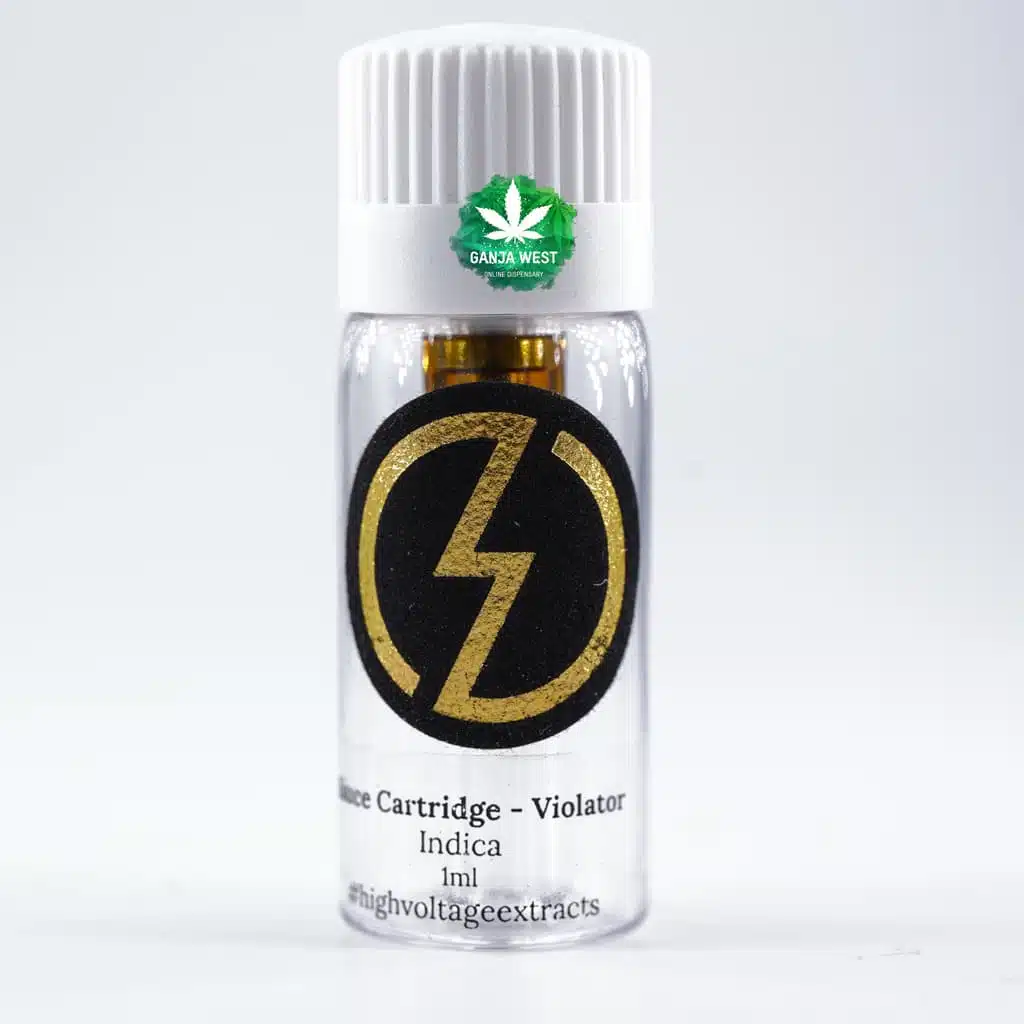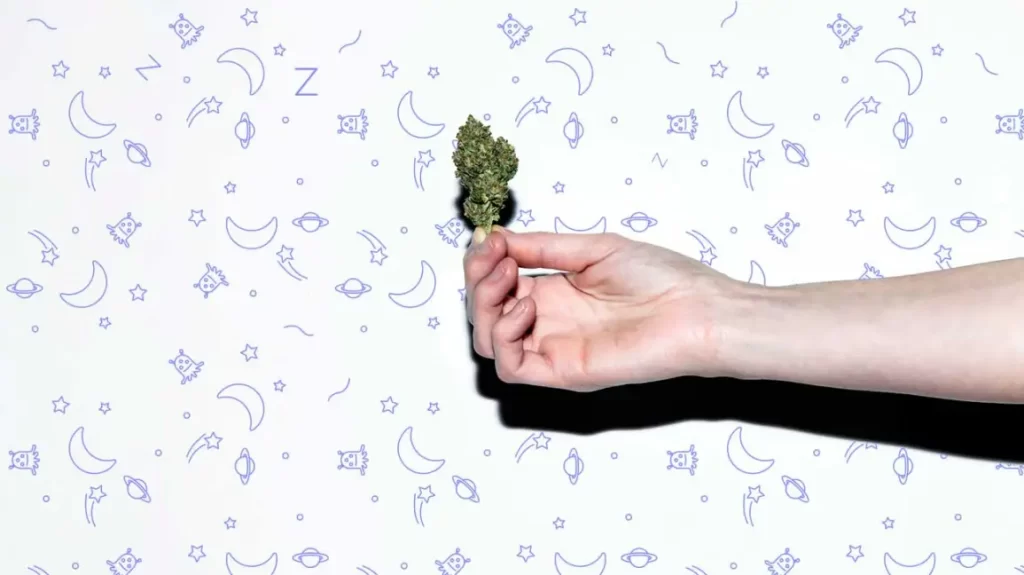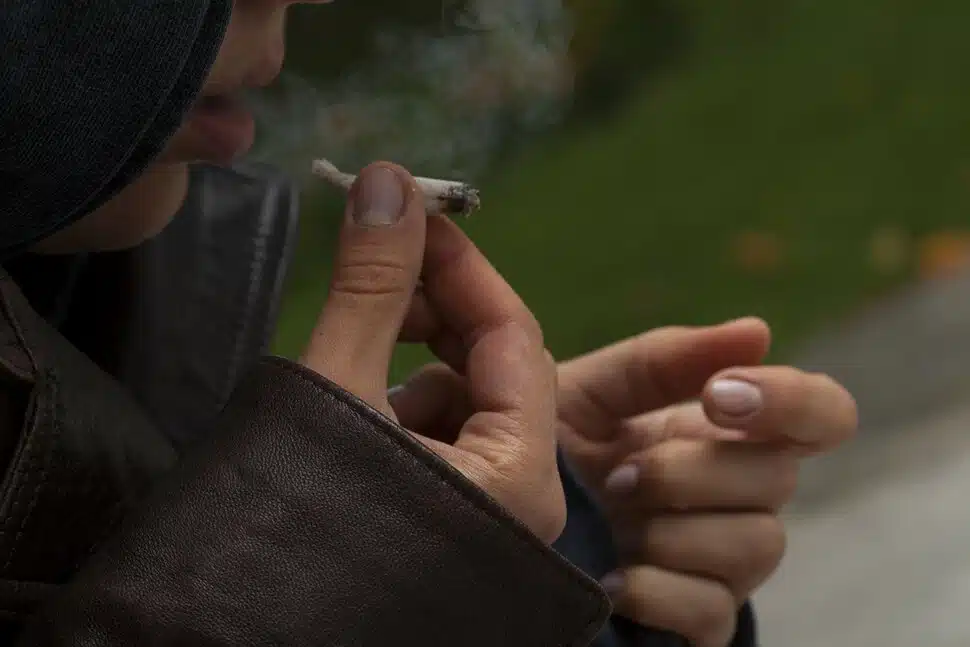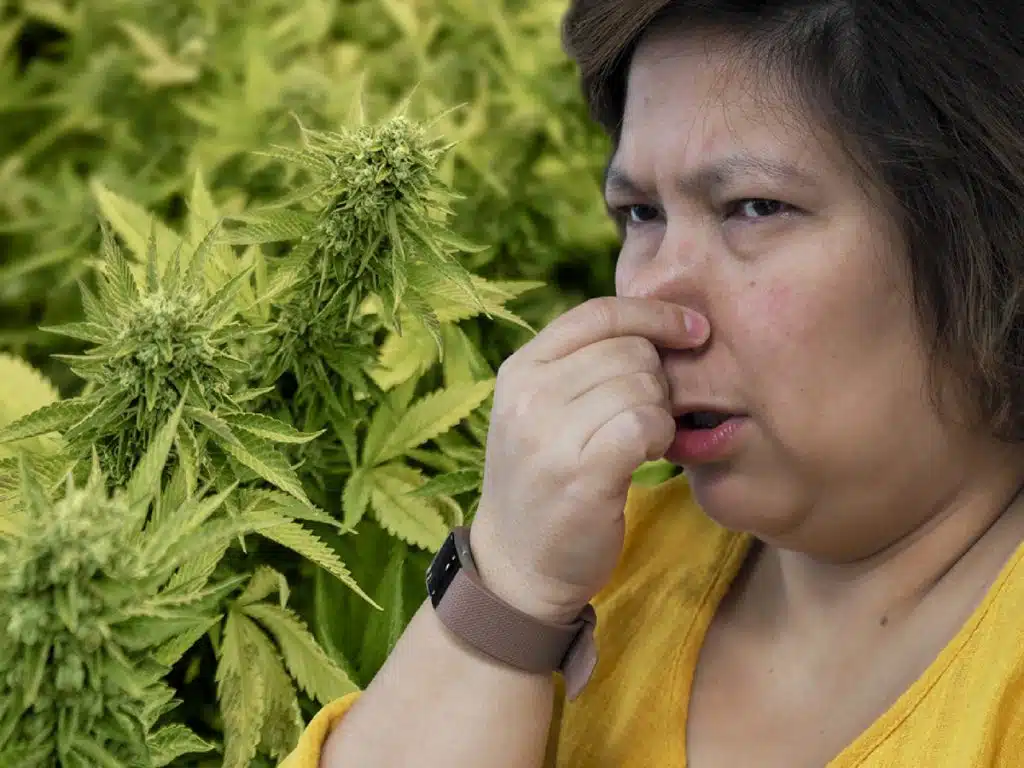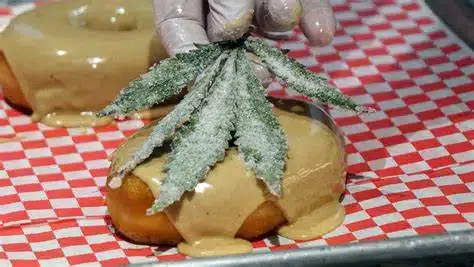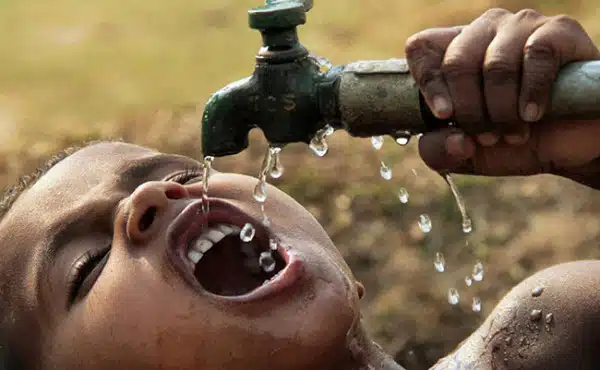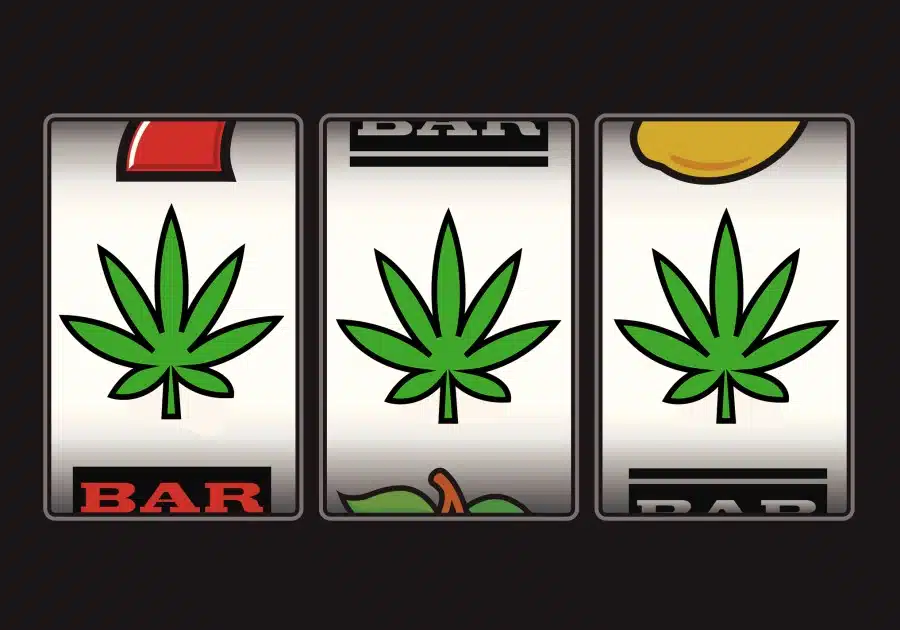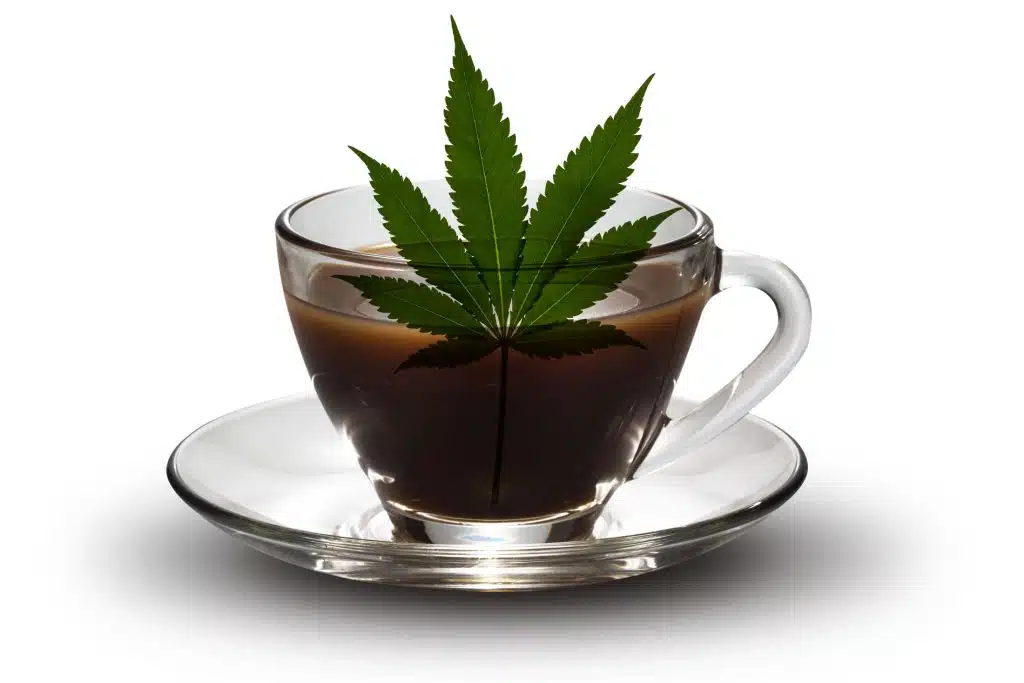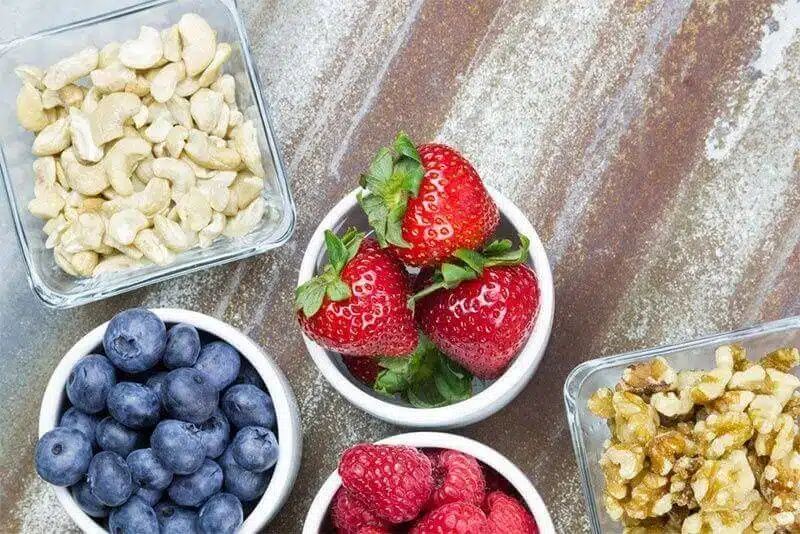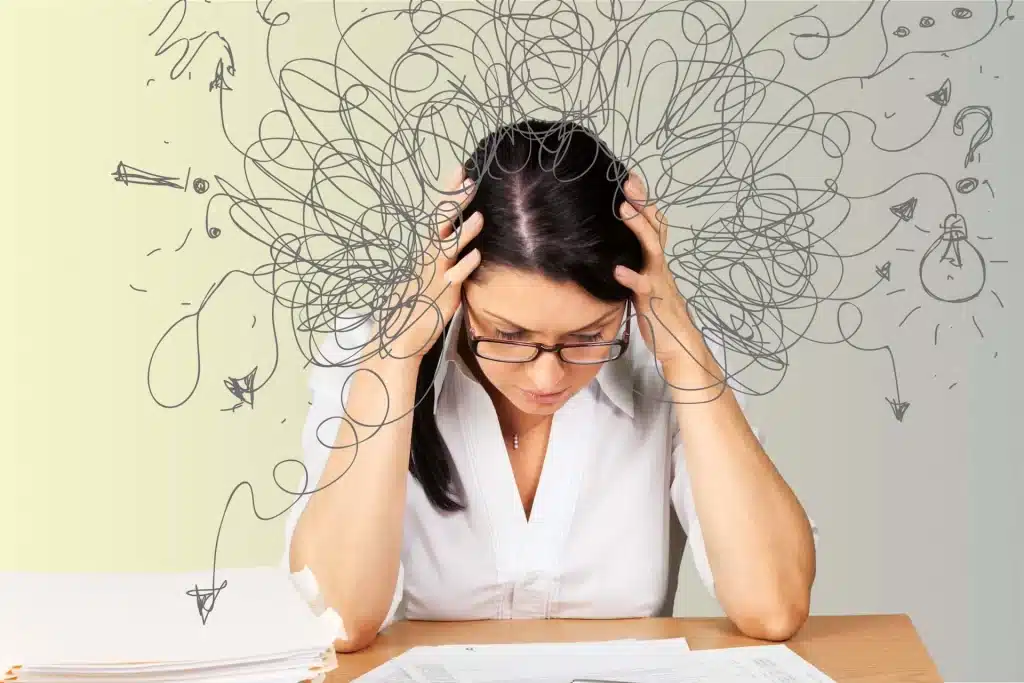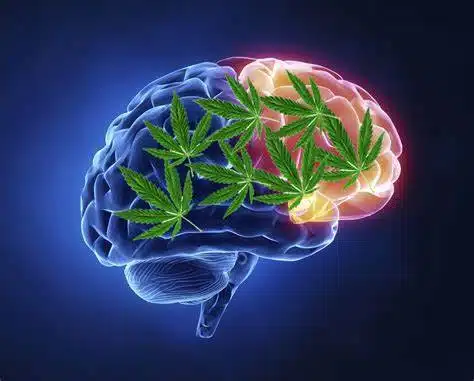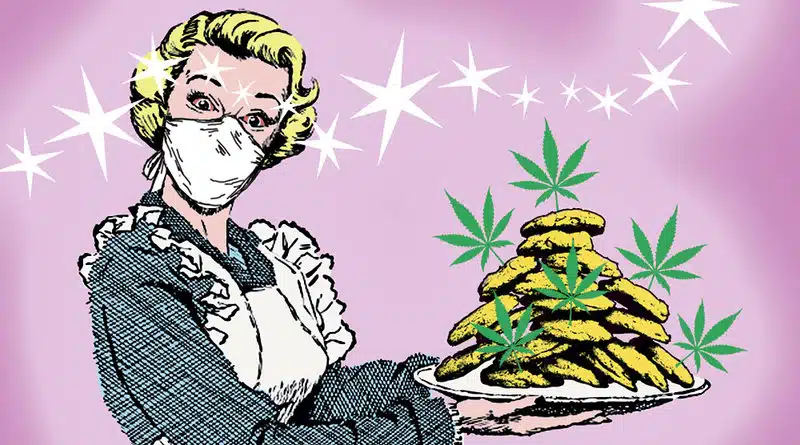Can Marijuana Be Addictive?
For most people, cannabis use does not lead to addiction or dependency. However, there have been cases of addiction to marijuana, which are very rare. Some people, who are particularly susceptible to addiction in general, may experience all of the symptoms of addiction and dependence after using cannabis products regularly.
Most people who use cannabis don’t get addiction symptoms from it. This is common knowledge, so even when anti-drug campaigns target cannabis they always assume that people who use cannabis don’t get addicted to harder drugs. For the most part, people who enjoy cannabis use don’t have problems controlling their use.
What Is Cannabis?
Cannabis is a plant species in the family Cannabaceae. It includes three primary subspecies: Cannabis sativa, Cannabis indica, and Cannabis ruderalis. Cannabis has been used for a variety of purposes, including for its medicinal and recreational effects. It is also known for its psychoactive compounds, such as tetrahydrocannabinol (THC) and cannabidiol (CBD).
Can Marijuana Be Addictive?
Marijuana can be addictive in the same way that any other pleasurable activity can become overwhelming or addictive. However, there are simple methods to avoid developing an addiction to marijuana, such as exercising self-control and developing stronger willpower. If you find yourself struggling to control yourself when it comes to indulging in pleasurable activities, using marijuana products cautiously may help avoid developing an addiction.
Not all cannabis users develop addictions. In fact, many people who use cannabis regularly without developing an addiction can still experience mild and predictable effects. So, it’s not impossible for some people to overcome a dependency on cannabis.
Some studies have shown that, since the widespread legalization of higher potency recreational cannabis, there has been a slight increase in the number of people who are reporting problems with addiction and dependency to cannabis products. Average potency for cannabis products has been increasing in recent decades, with THC levels averaging 10-20% compared to much lower averages in the past. What does this mean in terms of addiction?
Abuse vs Addiction
There is a key difference between marijuana abuse and marijuana dependence. Marijuana abuse is simply too much use of marijuana, while marijuana dependence is a pathological condition where a person becomes reliant on marijuana. These are different things that need to be taken into account when discussing marijuana use.
Marijuana use disorder can be defined as someone who continues to use cannabis even when it has negative consequences in their life. These consequences could include losing a job, failing at school, or getting into trouble with the law. By definition, anyone who continues to use cannabis after experiencing such negative consequences has a substance use disorder.
There is a important distinction to be made between marijuana use disorders and marijuana addictions. Someone who has an addiction to cannabis or any other substance will have an underlying use disorder, but will also exhibit some or all of the classic behavioural symptoms of addiction.
These behavioural changes indicate that the person is using cannabis excessively and needlessly. They are losing control and spending more time thinking about using cannabis, denying any claims that their use has changed, and their life revolves around acquiring and using cannabis. They are prone to irritability and will become angry when their supply runs out. In the face of all these negative consequences, the person will continue to use cannabis.
Can You Get Addicted To Weed?
Marijuana addiction is very rare, and in most cases people can control themselves. While some people may be more susceptible to developing an addiction to marijuana, this is more a matter of personal responsibility, willpower, and self-control than a concern about the potential for marijuana addiction.
If you have a tendency to overeat or drink excessively, using cannabis may be a bad idea. Instead, try to develop better self-control and personal responsibility before using cannabis. If you start using cannabis cautiously and moderately, you may avoid becoming addicted to it.
Experts agree that physical dependence on a substance develops as users become tolerant to its effects. With cannabis, this means that the more you smoke, eat, or use the substance, the more your body will need in order to feel its effects.
Cannabis withdrawal symptoms are usually mild and usually last only a few weeks. Plus, if you stop using cannabis suddenly, you may experience more serious withdrawal symptoms, but these are rare.
Is Marijuana Addictive?
Marijuana use can lead to addiction in a minority of people, but cases are rare. This is because marijuana products have become more potent and are more easily available since recreational legalization in Canada. However, the number of people seeking treatment for marijuana abuse and dependence has increased in recent years, but it is not a serious social concern on the scale of alcohol or opiates.
If you or someone you love is struggling with a weed addiction or an addiction to any other controlled substance, there are many resources available to help. When a person’s dependency becomes painful for themselves or others in their life, due to the mounting or overwhelming negative consequences that result from their continued use, they often turn to help.
If you would like to discuss your marijuana addiction or another substance abuse issue with a trained professional you can find the appropriate resource for your province listed below:
Alberta (Addiction Helpline, Alberta Health Services)
1-866-332-2322
British Columbia (Alcohol and Drug Information and Referral Service)
1-800-663-1441
604-660-9382
Manitoba (Addictions Foundation of Manitoba)
Adult services: 1-855-662-6605
Youth services: 1-877-710-3999
204-944-6200
New Brunswick (Addiction Centres, Department of Health)
506-674-4300
Newfoundland and Labrador (Addictions Services, Department of Health and Community Services)
1-888-737-4668
709-729-3658
Northwest Territories (Department of Health and Social Services)
1-800-661-0844
867-873-7037
Nova Scotia (Mental Health and Addictions Services, Nova Scotia Health Authority)
1-888-429-8167
Nunavut (Kamatsiaqtut Help Line)
1-800-265-3333
867-979-3333
Ontario (Connex Ontario)
1-866-531-2600
Prince Edward Island (Addiction Services, Health PEI)
1-888-299-8399
902-368-4120
Quebec (Drugs: Help and Referral)
1-800-265-2626
514-527-2626
Saskatchewan (HealthLine, Ministry of Health)
811 or 1-877-800-0002
306-766-6600
Yukon (Mental Wellness and Substance Use Services, Health and Social Services)
1-866-456-3838 (for Yukon, Nunavut and NWT)
867-456-3838
Conclusion
If you are interested in cannabis and THC products, check out Ganja West online dispensary at ganjawest.co!
